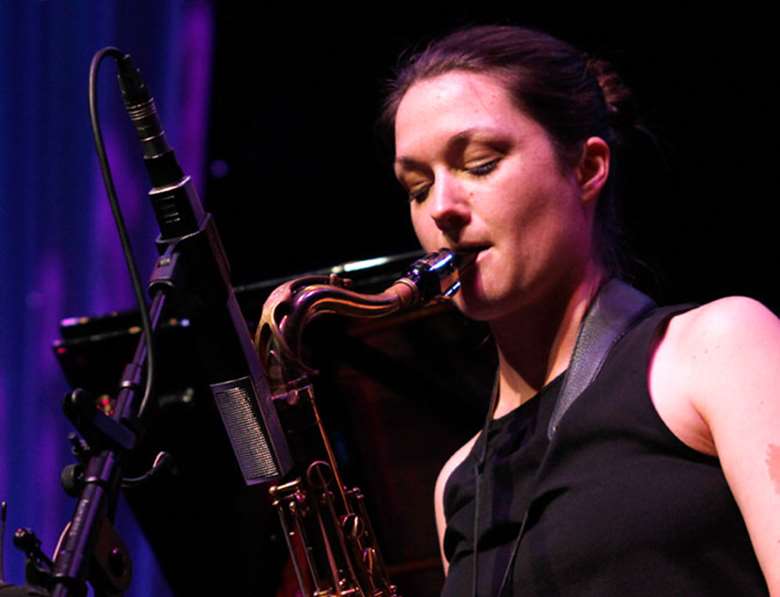Trish Clowes and Vula Viel Among Those Scoring Scarborough Fest Successes
Monday, September 26, 2016
Amid the Victorian splendour of the Spa and sweeping views of the South Bay, the 2016 Scarborough Jazz Festival was jam-packed with talent, encompassing a wide variety of styles and genres, and frequented by an audience with refreshingly open ears.


Register now to continue reading

Thank you for visiting Jazzwise.co.uk. Sign up for a free account today to enjoy the following benefits:
- Free access to 3 subscriber-only articles per month
- Unlimited access to our news, live reviews and artist pages
- Free email newsletter